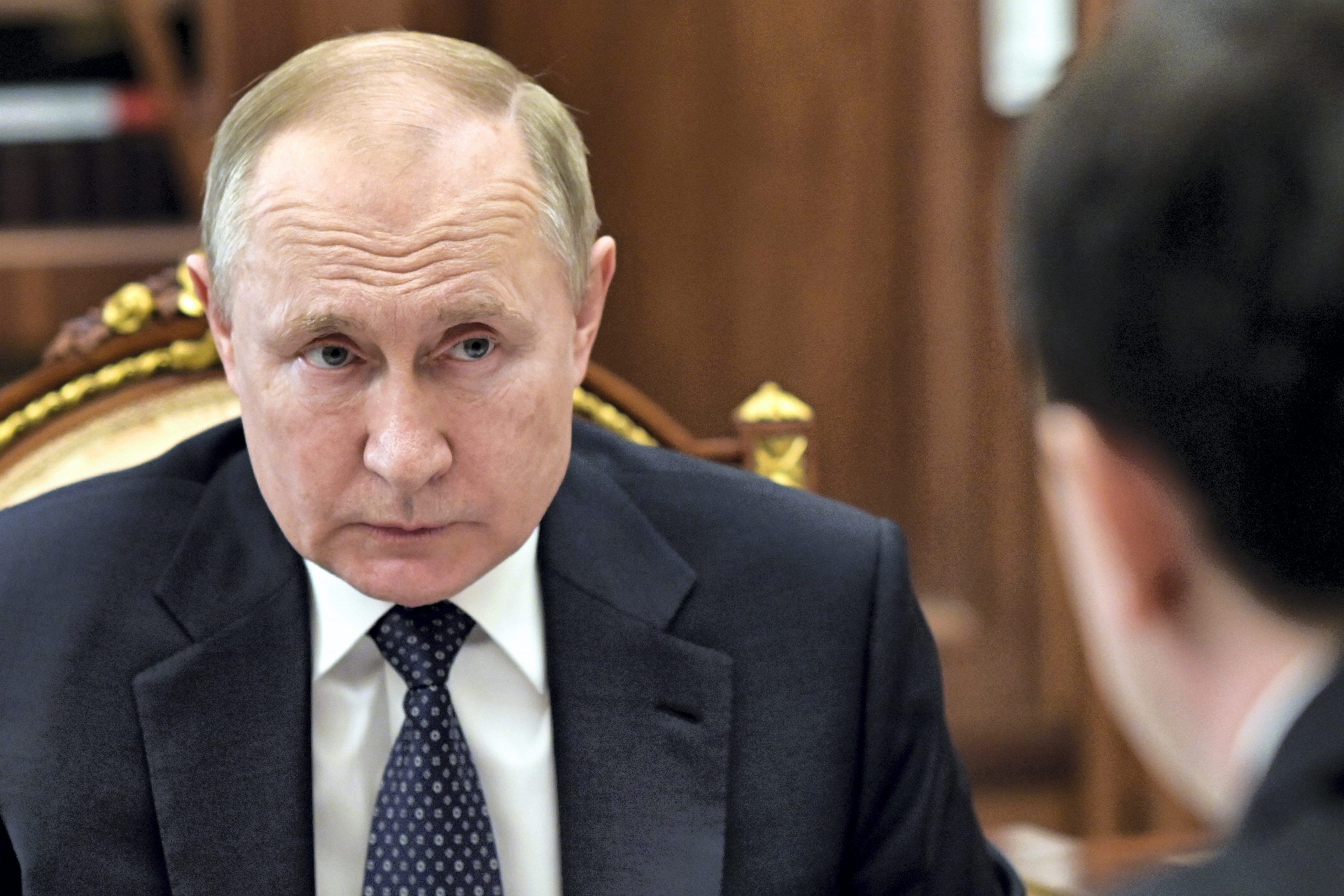S&P Global, a credit rating agency, has placed Russia in “selective default” on its foreign debt after the country offered rubles in exchange for payments on two dollar-denominated notes due on April 4th.
In a news release, the agency stated that paying in rubles rather than dollars amounted to a “selective default.”
Also read: Ukraine’s unique crowdsourcing model resisting Russia: Explained
What exactly is selective default? According to S&P, a selective default is announced when an organisation fails to meet a specific obligation but does not default on its total debt.
The US Treasury banned Russia’s access to its foreign currency reserves in American banks last week, forcing Moscow to offer to pay its bills in rubles, diverting foreign currency revenue that would otherwise be used to support its war effort, or not pay at all.
Until then, the US Treasury has allowed Russia to use part of its frozen assets to repay select investors in dollars.
In a press conference on Wednesday, Kremlin spokesperson Dmitry Peskov argued that a default would be “artificial,” because Russia has funds to pay but cannot access them owing to sanctions.
Also read: Bucha massacre to Russian oil import: What to expect in India-US 2+2 talks
“There are no grounds for a real default,” Peskov said. “Not even close.”
Russian Finance Minister Anton Siluanov told the pro-Kremlin Izvestia newspaper on Monday that Russia would take legal action over the matter.
“We will sue because we undertook all necessary action so that investors would receive their payments. We will show the court proof of our payments, to confirm our efforts to pay in rubles, just as we did in foreign currency. It won’t be a simple process.”
Additionally, according to Danish Foreign Minister Jeppe Kofod, the European Union is “already discussing a sixth package of sanctions” in order to “to keep increasing pressure on Russia to stop the war.”
Also read: Explained: Russia’s brutal military culture
“From the Danish side, we will be willing to go as far as we can to find consensus on sanctions, including also on energy,” he addressed reporters as he arrived in Luxembourg for a meeting of EU Foreign Ministers.
Lithuanian Foreign Minister Gabrielius Landsbergis expressed satisfaction that “happy that the European Commission was very clear that we’re starting to work on six package with oil options.”







